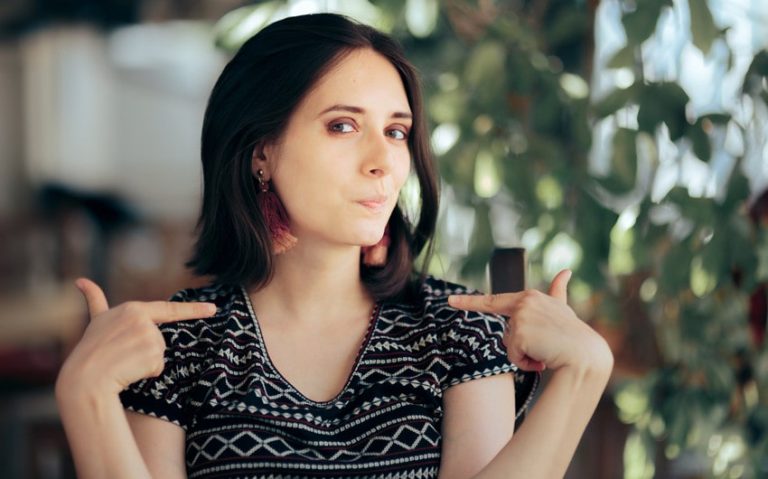Understanding the Dynamics of Unconventional Romantic Relationships in 2024
Polyamorous relationships are becoming increasingly prevalent in Canada, reflecting shifts in societal norms. Despite this rise, legal frameworks have not yet fully adapted to these evolving relationship structures.
According to the Vanier Institute, there has been a significant increase in consensual non-monogamous relationships, especially within the 2SLGBTQ+ community. However, current laws still predominantly cater to traditional dyadic relationships, creating challenges for polyamorous individuals regarding property rights, spousal support, and child guardianship.
Nevertheless, legal precedents in Canada and Latin America are beginning to recognize polyamorous families, granting parental rights to multiple individuals within these relationships. This signals a gradual shift towards inclusivity within legal frameworks. The emphasis on open communication and mutual consent remains crucial for addressing polyamory in a legal system geared towards conventional structures.
In the United States, polyamory and other forms of consensual non-monogamy are gaining mainstream recognition. The 2020 General Social Survey indicates that about 4 to 5% of US adults are involved in polyamorous relationships. A 2016 YouGov survey found that one in five Americans has engaged in consensual non-monogamy at some point.
Research shows that around 16% of individuals under 30 have engaged in sexual activity with someone else with the consent and knowledge of their main partner. A 2012 survey by the Loving More non-profit found that 65.9% of over 4,000 respondents were in polyamorous relationships, with 89.7% living with a partner. Studies reveal that polyamorous individuals experience higher levels of relationship satisfaction and lower levels of jealousy compared to those in monogamous relationships.
Media and Cultural Impact
The media has played a significant role in bringing consensual non-monogamy into the public eye. NBC’s Peacock introduced a new dating show titled “Couple to Throuple,” and New York Magazine dedicated an entire issue to the subject. Research suggests that consensual non-monogamy is not limited to affluent or white communities. A 2020 YouGov survey found that 5% of adults reported being in open relationships, and 3% reported being in polyamorous relationships.
By December 2023, these numbers had increased to 6% and 4%, respectively. Empirical studies involving over 15,000 participants have shown no consistent correlation between consensual non-monogamy and income, education level, or race. The only consistent connections are that men and individuals identifying as gay, lesbian, or bisexual are more likely to be involved in non-monogamous relationships.
Podcasts have become valuable resources for individuals exploring polyamory and non-monogamy. The Normalizing Non-Monogamy podcast, hosted by Emma and Fin, features personal stories from people within the non-monogamous community. The podcast provides a platform for individuals to share their experiences and perspectives, offering insights into the diverse ways people navigate non-monogamous relationships.
Another popular podcast, Non-Monogamy Help, hosted by Lola Phoenix, offers detailed relationship advice and addresses common challenges faced by those in non-monogamous relationships. These podcasts, along with books and other resources, provide essential support and guidance for individuals exploring unconventional romantic relationships.
Rhaina Cohen’s book explores the changing landscape of relationships in modern society, advocating for a broader perspective on intimacy, parenting, and aging. Cohen highlights the importance of diverse social connections and challenges traditional norms, suggesting that expanding the role of friendship in our lives can enrich our experiences and well-being.
Her work prompts readers to reconsider the possibilities of human connections beyond conventional romantic relationships, encouraging them to explore new forms of intimacy, support, and companionship.
The Rise of Non-Monogamous Relationships in 2024
Relationship types are infinitely diverse in 2024. You may have someone seeking an arrangement or looking for an open relationship. The landscape of modern relationships is constantly changing, with new terms and trends emerging. For instance, “Zombieing” refers to someone who ghosted you and then reappears without explanation, while “Breadcrumbing” involves leading someone on with minimal effort and no intention of commitment.
In 2024, non-monogamous relationships are gaining traction. Approximately 6% of adults report being in open relationships, and 4% are in polyamorous relationships. The dating app Feeld has seen a 500% increase in profiles mentioning “ethically non-monogamous” and “polyamorous” since 2021. Additionally, Tinder reported that 41% of Gen Z users were open to or seeking non-monogamous relationships in 2023.
Open relationships are becoming more mainstream, with media coverage and personal anecdotes highlighting their details. For example, a New York Magazine cover featured a “cat polycule,” symbolizing interconnected romantic relationships. The dating app Feeld reported a 50% increase in monthly active users since the pandemic, indicating growing interest in non-monogamous arrangements.
Legal and Social Implications
Polyamory, a form of consensual non-monogamy involving multiple loving relationships, is also on the rise. A survey found that 10.7% of respondents had engaged in polyamory at some point, and 16.8% expressed a desire to try it. Despite its challenges, polyamory is seen by some as a way to reimagine relationships and community care, moving beyond traditional monogamous structures.
The rise of non-traditional relationship timelines reflects changing social norms and a focus on personal fulfillment. People are increasingly embracing flexible relationship structures, such as open relationships and polyamory, to prioritize their own needs and desires.
Relationship anarchy, a non-hierarchical approach to love, emphasizes individual autonomy and mutual respect, rejecting societal norms and expectations. This approach to relationships encourages individuals to define their connections based on personal values and agreements rather than adhering to traditional frameworks.
Conclusion
The dynamics of unconventional romantic relationships, particularly in 2024, reflect a significant shift in societal attitudes toward love and partnership. As polyamory and other forms of consensual non-monogamy become more mainstream, legal frameworks and social norms are slowly adapting to accommodate these diverse relationship structures.
The rise in media representation and the growing popularity of platforms like Feeld underscore the increasing acceptance of non-traditional relationships. However, challenges remain, particularly in the legal recognition of these relationships and the societal stigma that often accompanies them.
As society continues to evolve, it is crucial to foster open communication, mutual consent, and respect for individual autonomy in all forms of relationships, ensuring that everyone has the freedom to define love on their own terms.






